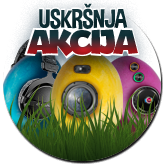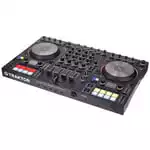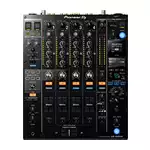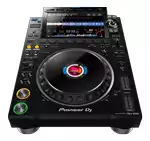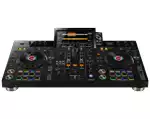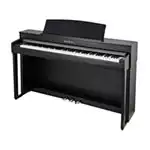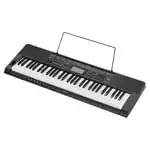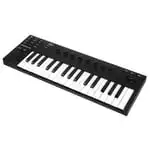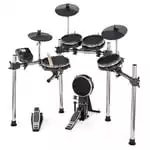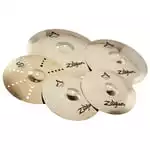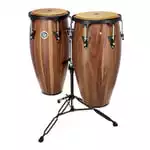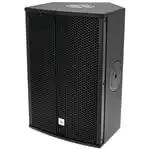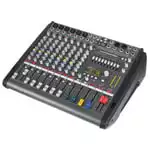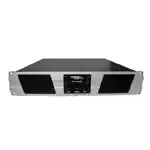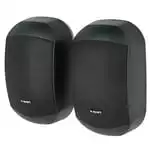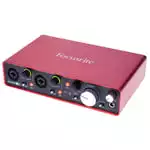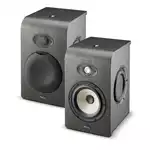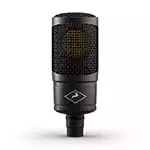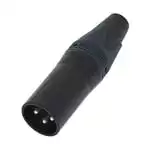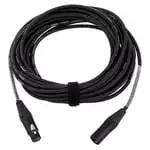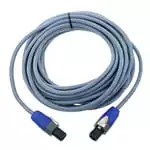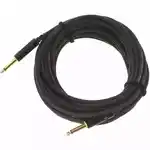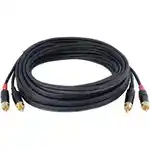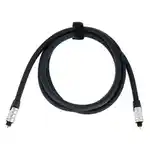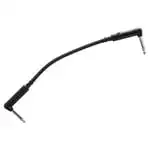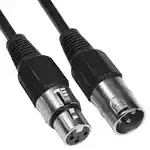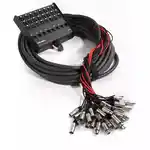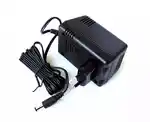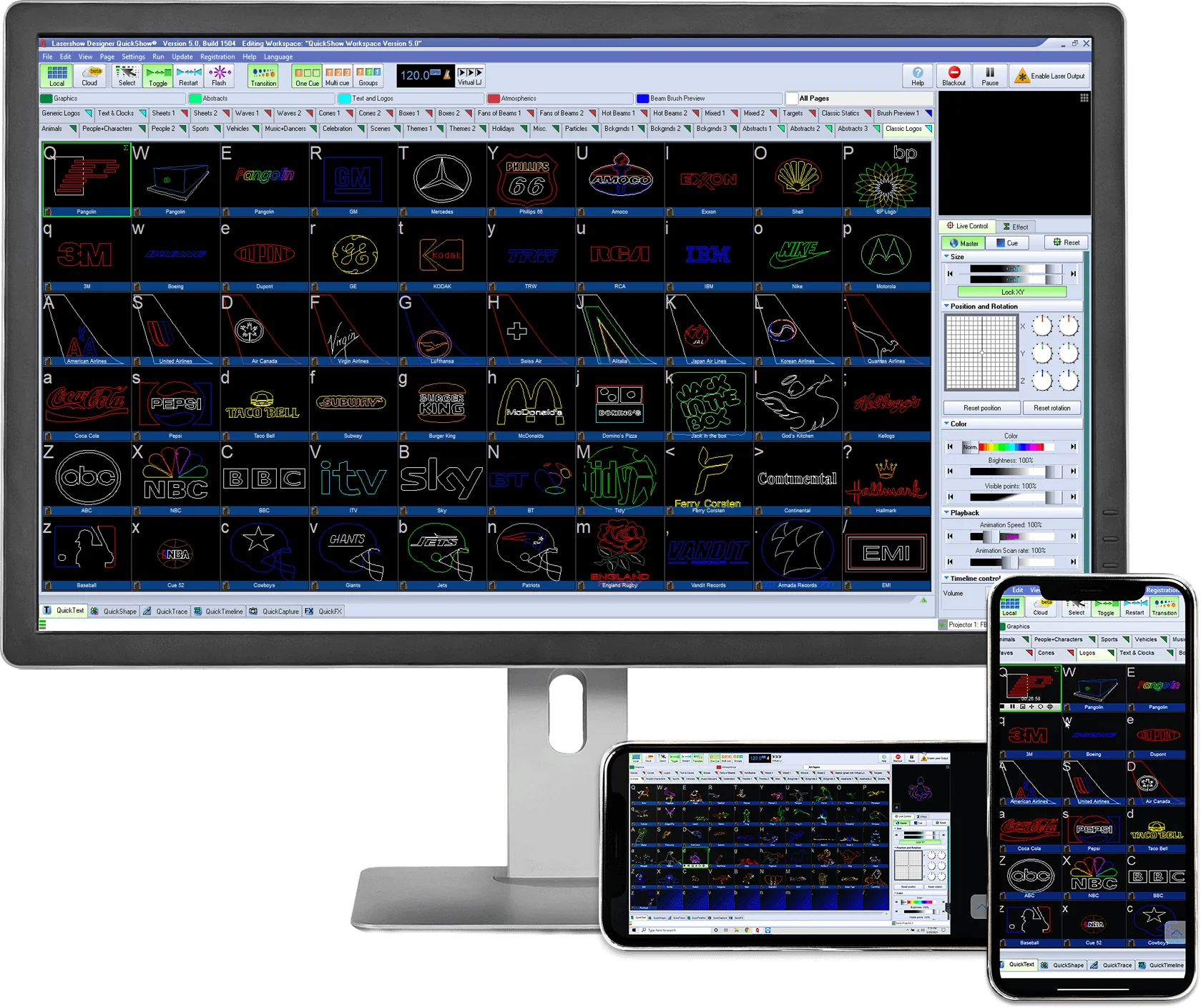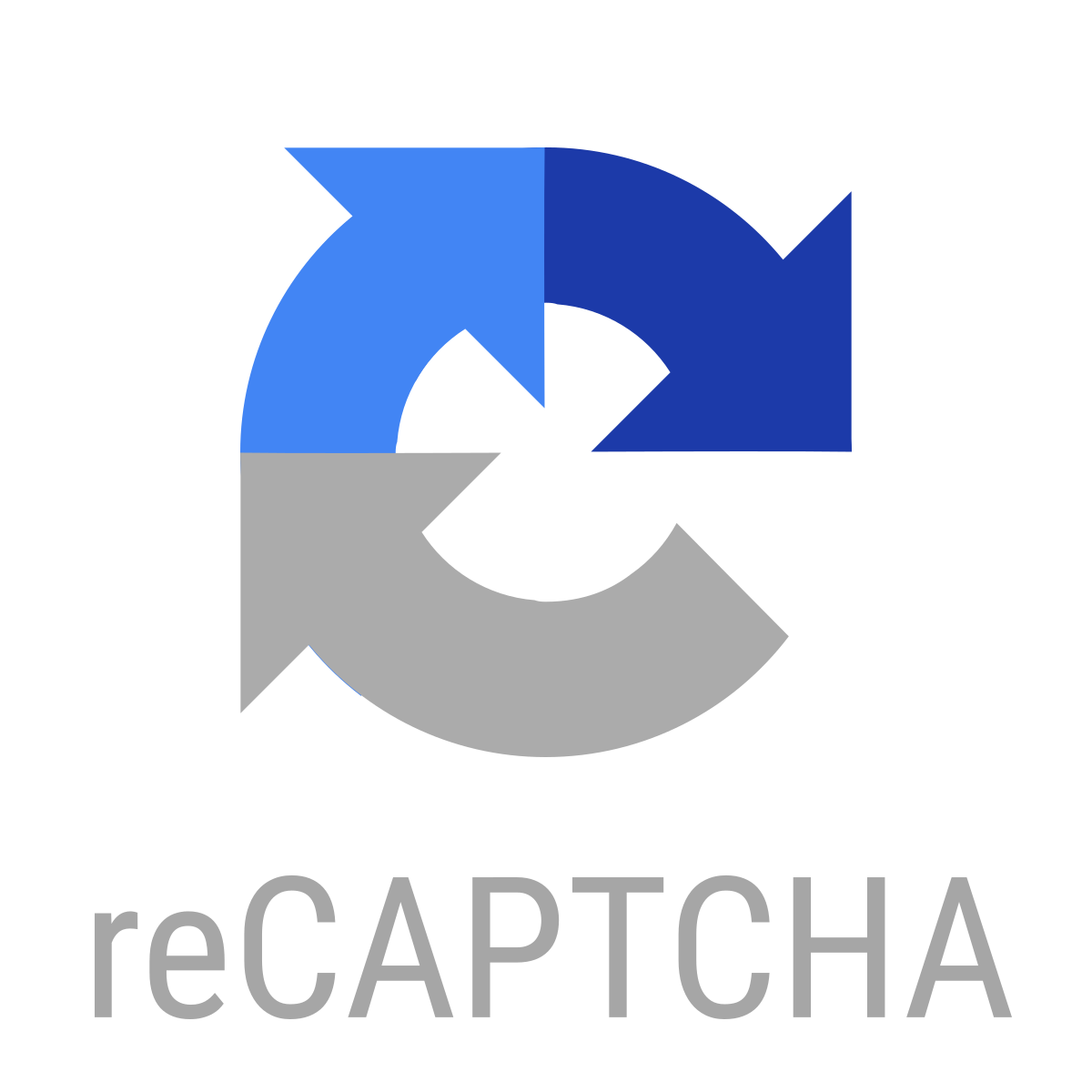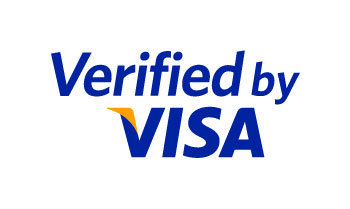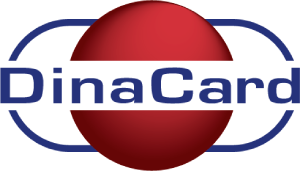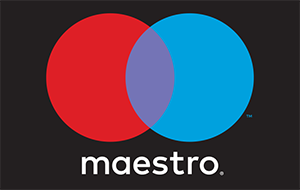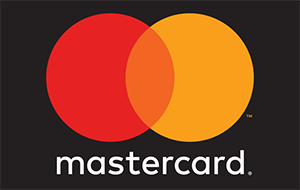PANGOLIN Quickshow Laser Lightshow Software

Garantujemo najnižu cenu!
- Ugrinovački Put 10n, Zemun
- Svetogorska 9, Beograd
Quickshow comes from Pangolin, makers of the top selling and most-awarded laser software. Based on Pangolin's 20+ years of experience, Quickshow makes it easier than ever to perform high quality laser shows.
The Quickshow package includes the Quickshow software plus the hardware interface (Flashback 3 controller) that goes between your PC computer and your laser projector.
Whether you are new to lasers, or have years of experience, QuickShow adapts to your level:
You can do basic shows right out of the box. All you have to do is click on cues, or press keyboard keys, to display them in time to the music. QuickShow comes with nearly 2000 pre-loaded graphics, animations, beam effects and abstracts.
But there is far more power in QuickShow than simply triggering cues. The next level is the unique QuickTools, which are used to make custom cues such as auto-traced artwork, text, and beam bounces. For example, the QuickShape tool (discussed below) makes it easy to create abstracts and beam effects (cones, fans, planes, etc.).
Finally, for the ultimate in customization, use advanced editors for professional-level features such as cue layering and sequencing, automatic beat triggering, timelines for syncing to pre-recorded music, triggering DMX channels, and controlling up to six projectors.
With other laser systems, as you click cues and change controls, your work is updated live to the laser. The audience sees every move you make – even when you don’t want them to.
QuickShow is much smarter. You can work in the background, setting up cues and trying out different looks.Nothing is sent to the laser until you click the “Show it now” button.
Hardware
The Flashback 3 hardware interface that is supplied with Quickshow outputs high-quality projector signals: two 12-bit channels for X and Y scanner signals, and four 8-bit color/intensity channels, typically used to control red, green, blue and intensity signals.
Using LiveQUICK, you can specify a cue or sequence of cues to start playing automatically upon power-up. The cue or sequence can play once or continuously.
The Flashback 3 is very small -- the same rectangular size as a credit card. And the Flashback 3 only requires a single +5V power supply and consumes only 100-300mA of current. Because of this, the Flashback 3 can easily be integrated into a laser projector with minimal cost.
Quickshow comes from Pangolin, makers of the top selling and most-awarded laser software. Based on Pangolin's 20+ years of experience, Quickshow makes it easier than ever to perform high quality laser shows.
The Quickshow package includes the Quickshow software plus the hardware interface (Flashback 3 controller) that goes between your PC computer and your laser projector.
Whether you are new to lasers, or have years of experience, QuickShow adapts to your level:
- You can do basic shows right out of the box. All you have to do is click on cues, or press keyboard keys, to display them in time to the music. QuickShow comes with nearly 2000 pre-loaded graphics, animations, beam effects and abstracts.
- But there is far more power in QuickShow than simply triggering cues. The next level is the unique QuickTools, which are used to make custom cues such as auto-traced artwork, text, and beam bounces. For example, the QuickShape tool (discussed below) makes it easy to create abstracts and beam effects (cones, fans, planes, etc.).
- Finally, for the ultimate in customization, use advanced editors for professional-level features such as cue layering and sequencing, automatic beat triggering, timelines for syncing to pre-recorded music, triggering DMX channels, and controlling up to six projectors.
With other laser systems, as you click cues and change controls, your work is updated live to the laser. The audience sees every move you make – even when you don’t want them to.
QuickShow is much smarter. You can work in the background, setting up cues and trying out different looks.Nothing is sent to the laser until you click the “Show it now” button.
A complete laser system
QuickShow is a complete laser system. It is capable of graphics as well as beam effects. It has everything you need for a modern laser light show. QuickShow includes the following capabilities:
Graphics
- Still frames (graphics and logos)
- Animated frames
- Abstracts
- Text
- Automated tracing of bitmaps (BMP, JPG, GIF)
Beams and atmospherics
- Beam targeting
- Beam shapes (fans, cones, waves, etc.)
Show production methods
- Live shows (laser jockey)
- Pre-programmed shows
- Mixed shows with both live and pre-programmed elements
Advanced technology
QuickShow isn’t just about a better user experience. It also has advanced technology such as the all-new Beyond calculation engine.
Beyond automatically takes care of scanner optimization and color mixing. In tests, QuickShow produced noticeably better image quality. One beta tester said: “It made my scanners look new again!”
Hardware
The Flashback 3 hardware interface that is supplied with Quickshow outputs high-quality projector signals: two 12-bit channels for X and Y scanner signals, and four 8-bit color/intensity channels, typically used to control red, green, blue and intensity signals.
Using LiveQUICK, you can specify a cue or sequence of cues to start playing automatically upon power-up. The cue or sequence can play once or continuously.
The Flashback 3 is very small -- the same rectangular size as a credit card. And the Flashback 3 only requires a single +5V power supply and consumes only 100-300mA of current. Because of this, the Flashback 3 can easily be integrated into a laser projector with minimal cost.
Tools for every level of user
Whether you are new to lasers, or have years of experience, QuickShow adapts to your level:
- You can do basic shows right out of the box. All you have to do is click on cues, or press keyboard keys, to display them in time to the music. QuickShow comes with nearly 2000 pre-loaded graphics, animations, beam effects and abstracts.
- But there is far more power in QuickShow than simply triggering cues. The next level is the unique QuickTools, which are used to make custom cues such as auto-traced artwork, text, and beam bounces. For example, the QuickShape tool (discussed below) makes it easy to create abstracts and beam effects (cones, fans, planes, etc.).
- Finally, for the ultimate in customization, use advanced editors for professional-level features such as cue layering and sequencing, automatic beat triggering, timelines for syncing to pre-recorded music, triggering DMX channels, and controlling up to six projectors.
Example: Creating abstract shapes
To see how this works, let's look at creating various shapes such as abstracts. You can instantly call up a pre-defined shape (cue frame), or create your own basic shapes using the QuickShape tool, or get ultimate control using the Advanced Abstract editor.
Click on a bar below, to see how these three levels work for creating abstract shapes. (Other QuickShow tools work in a similar way; for example, QuickText, QuickTrace, and QuickTargets.)
1: For an instant show, just click on pre-defined cue frames
2: Add custom cues with QuickShape
3: For expert users, Advanced Abstract gives complete control
For more details, see this chart.
Work in the background
With other laser systems, as you click cues and change controls, your work is updated live to the laser. The audience sees every move you make – even when you don’t want them to.
QuickShow is much smarter. You can work in the background, setting up cues and trying out different looks. Nothing is sent to the laser until you click the “Show it now” button.
How background creation works
For example, let’s say you are projecting a beer mug...
... and you want to add some scrolling text advertising a “Drink special”. Call up the QuickText tab and type in the words:
Try out different looks and colors. You’ll see the text scroll and animate on the computer screen; the audience continues to see only the beer mug. We call this “background creation.” When you are satisfied, click “Show it now”. Your desired text now scrolls across the screen:
Thanks to background creation, it looks perfect as soon as it appears.
Control your shows using a variety of interfaces
QuickShow can be run using just one hand, if you need your other hand free to adjust lights (or hold a drink!
Press a key to switch cues on the beat of the music. There are 60 instant cues per screen (3 rows of 10 keys, each shifted or unshifted).
QuickShow is specifically designed with large cues and controls, for fingertip use on touchscreen notebooks and monitors.
Prefer to use a keyboard or other MIDI controller? You can map MIDI keys to cues and controls.
Just like MIDI, you can map DMX channels to display cues and change controls. (Requires a USB DMX interface; Pangolin recommends the Enttec DMX USB Pro.)
Let your music control the lasers. Automatically makes the laser follow the beat of the music with Virtual LJ.
Keyboard equivalents
Cues can be accessed with the letter keys on the computer keyboard (A, S, D, F, etc.). Both shifted and unshifted keys are used to access the 60 cues per page
Cue editing
Copy cue = CTRL+C
Paste cue = CTRL+V
Delete cue = CTRL+X
Blackout
All laser output will be stopped by pressing the ESC key.
(Note: This is a convenience feature and should NOT
be relied upon for safety features such as laser emergency stop.)
Pause
PAUSE mode is activated by pressing the PAUSE (break) key
Page access
Pages (cue tabs) may be assigned to Function keys F1 through F12
Beat-related keys
Tapping the SPACEBAR will generate beats and also adjust the speed of the timer. Pressing the BACKSPACE key will generate a beat and will re-synchronize the timer.
Virtual MIDI Keyboard
The Virtual MIDI Keyboard is shown or hidden each time CTRL+SHIFT+M is pressed. This graphic of a piano-style keyboard visually illustrates the mapping between cues and MIDI keys. (Pressing a cue can trigger a MIDI key; similarly, pressing a key on an external MIDI keyboard can trigger a cue).
Invert rotation speed
You can invert the rotation speed by pressing "`" or "~" (shifted or unshifted tilde key -- right below the ESC key).
QuickShow - Main screen
This is a typical QuickShow screen:
Within this screen, there are five main areas, plus the menubar. Click on the bars below to learn more about these areas.
Cue tabs and gr
Play mode buttons (at top)
Preview window (top right)
Output and effect controls (right side
QuickTools (at bottom)
Menu bar (at very top)
Quick to setup
It is easy to get QuickShow adjusted for your projector and screen. Click on the bars below to learn more about QuickShow's various setup screens.
Quick Setup wizard
Projector settings
Projection Zones settings
QuickTargets beam settings
QuickTools
QuickTools are used to create and edit new laser frames, animations, and beam shapes. They are available by clicking tabs on the QuickTool area of QuickShow's main screen.
Click on the bars below to learn more about each QuickTool.
QuickText
QuickShape
QuickTrace
QuickTargets (beam sequencing)
QuickTimeline
QuickCapture
QuickFX
Advanced editors
QuickShow has everything you need for quality laser shows. The advanced editors let you create complex laser graphics, that go beyond the QuickTools. These are similar to the editors in Pangolin's Lasershow Designer 2000, the best-selling professional-level software. However, we have updated and simplified these as far as possible, to make them easier to use for new and part-time laserists.
Click on the bars below to learn more about QuickShow's advanced editors.
Laser Frame/Animation editor
Advanced Text editor
Advanced Abstract editor
Advanced Clock editor
Free downloads
Software
If you do not currently have Pangolin's FB3 hardware or QuickShow,
and you would like to download a demo version, click here (version 2.5, build 378).
If you already have Pangolin's FB3 hardware, and would like to
download the latest version of QuickShow, click here (version 2.5, build 385).
Instruction Manual
Detailed information on how to use the software and the hardware.QuickShow with Flashback3 QS
QS Russian Manual
Quick start guide
This guide shows how to install QuickShow in 8 easy steps.
Download Quick Start Guide
Drivers
Flashback 3 drivers for all versions of Windows (32-bit and 64-bit)Download a zip file containing all Windows drivers here.
